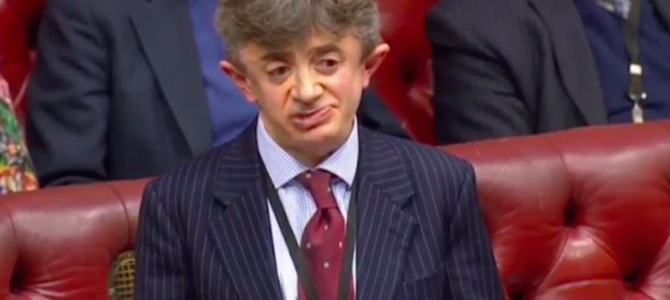During a parliamentary debate last week, Lord Kevin Shinkwin spoke out against a legal loophole that allows selective abortions based on disability in the United Kingdom.
“I can see from the trends in abortion on grounds of disability that the writing is on the wall for people like me,” said Shinkwin, who is disabled. “People with congenital disabilities are facing extinction. If we were animals, perhaps we might qualify for protection as an endangered species. But we are only human beings with disabilities, so we do not.”
Our Paralympians represented their country in Rio with pride. What was the essential qualification for them competing at Rio? It was their disability. The country which applauded their success is the same country whose law regards that essential qualification for going to Rio—disability—as a reason they should die. How is that fair, right or logical? It is none of those things, which is why today I reflect on the remarkable impact that laws passed by your Lordships’ House have had on my life as a disabled person. It is why I ask myself: how could I not have faith in our common humanity? How could I not have faith in the truth that there is more that unites than divides us? And how could I not believe that your Lordships’ House will be true to itself and continue its noble fight for disability equality by passing this bill?
Current U.K. law allows women in Wales and England to abort their disabled babies up to the moment before birth, whereas healthy babies can only be aborted legally within the first 24 weeks of their lives in utero. If passed, Shinkwin’s bill would get rid of this legal loophole, which allows disability-based discrimination.
Babies with Down’s syndrome are facing extinction in the United Kingdom. In 2014, 693 babies were aborted specifically because they were diagnosed with the genetic condition, a 34 percent jump since 2011. In 2015, an estimated 3,213 U.K. babies were aborted because they were diagnosed with a disability in utero — a 68 percent increase in 10 years.









